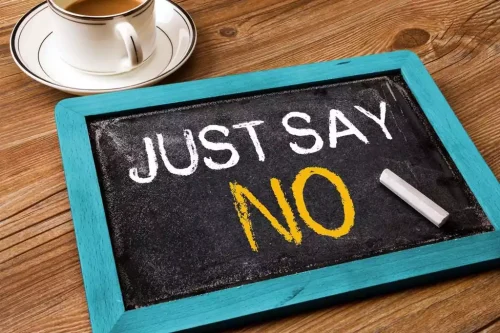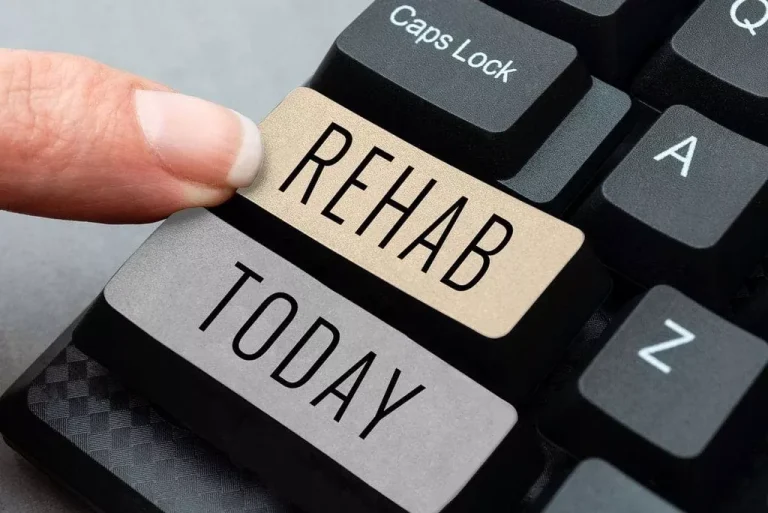
For example, college students tend to drink at higher rates than post-college drinkers. For many people, alcohol withdrawal can be dangerous and requires assistance from licensed medical practitioners to ensure safety. Depending on the severity of the withdrawals, you may benefit from medication-assisted treatment. While hangovers and alcohol withdrawal may have overlapping symptoms, alcohol withdrawal symptoms are much more severe and indicate a more serious problem. Many myths exist that coffee, water, food, and warm showers aid in sobering you up or eliminating alcohol from your system, but these are false.
- You know that a good sleep can help you feel your best in the a.m.
- By Rod Brouhard, EMT-PRod Brouhard is an emergency medical technician paramedic (EMT-P), journalist, educator, and advocate for emergency medical service providers and patients.
- If you’re not feeling any better after 24 hours, it’s best to check in with your healthcare provider.
- And if alcohol use disorder runs in your family, you may have certain genes that affect the way you process liquor.
- But the only guaranteed way to prevent a hangover is to not drink alcohol.
What are the Symptoms of a Hangover?
The best way to prevent hangovers is to avoid alcohol entirely or drink in moderation, giving the body plenty of time to process the alcohol before consuming more. A person can limit the risk of a hangover by drinking plenty of water alongside any alcoholic beverages, or eating a meal after drinking alcohol. It is important to stay hydrated, eat nutritious food, and get plenty of rest to prevent the symptoms of hangover.
How much you had to drink
In a 2010 study, researchers compared participants’ self-reported hangover severity after drinking bourbon or vodka. Congeners are chemical by-products of the fermentation process that gives alcoholic drinks their distinctive flavor. Its diuretic or dehydrating effects actually cause most hangover symptoms. But studies haven’t found any natural remedies that consistently or effectively improve hangover symptoms. While there is no cure for a hangover other than time, it may be possible to reduce the severity of some symptoms. Generally, the more alcohol you drink, the more likely you are to have a hangover the next day.
- As stated in the «Causes» section, certain alcohols have different hangover-causing properties based on their congener content.
- While they generally resolve on their own after several hours, there are some strategies for managing a hangover.
- Extract of the fruit from Hovenia dulcis, a tree native to East Asia, also showed promise in a small study.
- Drinking alcohol, especially if you’re already dehydrated or becoming dehydrated, can make it harder to focus on certain tasks, react during situations, and make decisions.
- If you want to avoid a hangover headache, the best thing you can do is think before you drink.
- As your body readjusts to the lack of alcohol, you start to feel better.
Treatment

Certain inflammatory chemicals increase in the blood and affect various natural hormonal pathways. The stomach lining may become irritated, increasing nausea and the chance of bleeding. The extra calories consumed often become converted into fat. Also, because alcohol is a diuretic, it triggers your kidneys to get rid of fluids and salt necessary for your body to function. Some who consume alcohol get a headache because they have a sensitivity to the added chemicals or preservatives.
How long does a hangover last?
A hangover from alcohol use is an uncomfortable constellation of symptoms that usually occur after an episode of how long does a hangover last heavy or binge drinking. One of the easiest and most effective ways to treat a hangover is to hydrate with water or an electrolyte drink. For best results, you will want to hydrate before you start drinking, while you’re drinking and afterwards.


When you feel terrible after drinking too much, it may be the result of both dehydration and an inflammatory response. Your blood-alcohol concentration (BAC) measures how much is in your blood. Hangover symptoms are at their worst when that level returns to zero and usually last about 24 hours.
- However, the progression and severity of symptoms over time can vary from one person to the next.
- This means it is difficult to predict the number of drinks or the amount of alcohol that will cause a hangover.
- If you take any medications, always check with your healthcare provider before drinking alcohol to avoid negative interactions that may prolong your hangover.
Hangover Symptoms

Drinking on an empty stomach may cause nausea or vomiting, so stop immediately and inform the person you’re with how you’re feeling. You may feel much less alert, less able to remember things, and less able to make logical decisions when you’re hungover. A 2017 study found that these aspects of cognitive function were all highly impacted during a period of hangover symptoms. But after a few drinks, your heart starts pumping faster, and the blood vessels can’t expand enough to accommodate all the blood. Blood vessel dilation has also been linked to migraines. Like many medical facilities across the nation, our supply chain is feeling the effects of Hurricane Helene’s aftermath.
Find a Treatment Center
Still, 24 hours can feel like an eternity when you’re dealing with a mishmash of physical and mental symptoms. And depending on various factors, some symptoms can be worse than others in terms of severity and duration. “Alcohol has a diuretic effect—heavy drinking may maximize that,” says Vincent Pedre, MD, author of Happy Gut. Drinking can dehydrate you—even more so if you’re vomiting or suffering from diarrhea.
The presence of food in the stomach reduces the rate of alcohol absorption into the blood. Slowing the rate of alcohol absorption will reduce the risk of a severe hangover. Even if you fell asleep after drinking, the chances are that it was not restorative. If you wake up exhausted after a night of drinking, taking more time to rest your body will help ease the discomfort. https://ecosoberhouse.com/article/how-long-does-cocaine-stay-in-your-system/ The fluctuations in blood sugar that accompany drinking can lead to negative moods, which might include anxiety and anger as well as mood instability. Dizziness is a common symptom of the dehydration that comes with a hangover.
